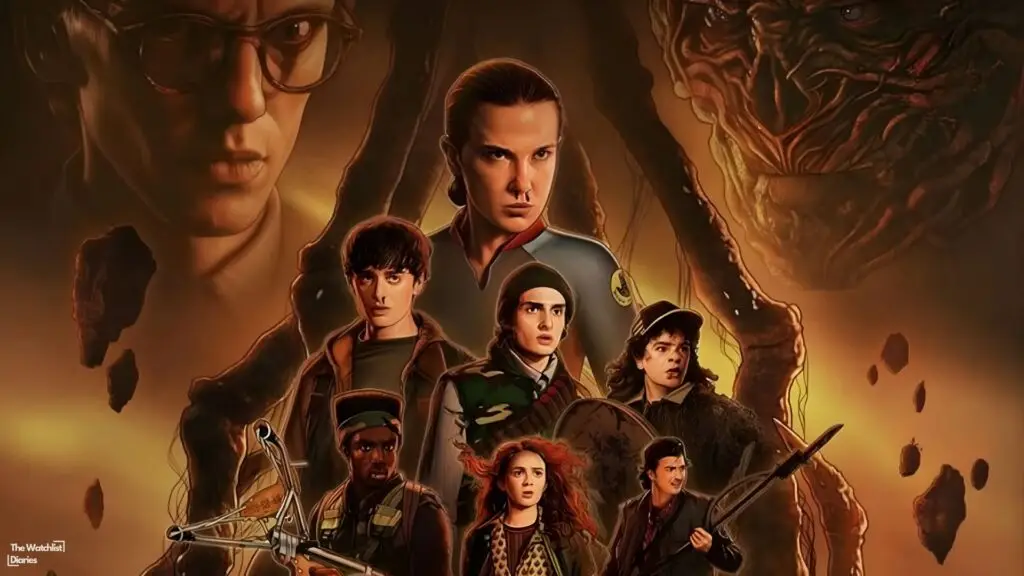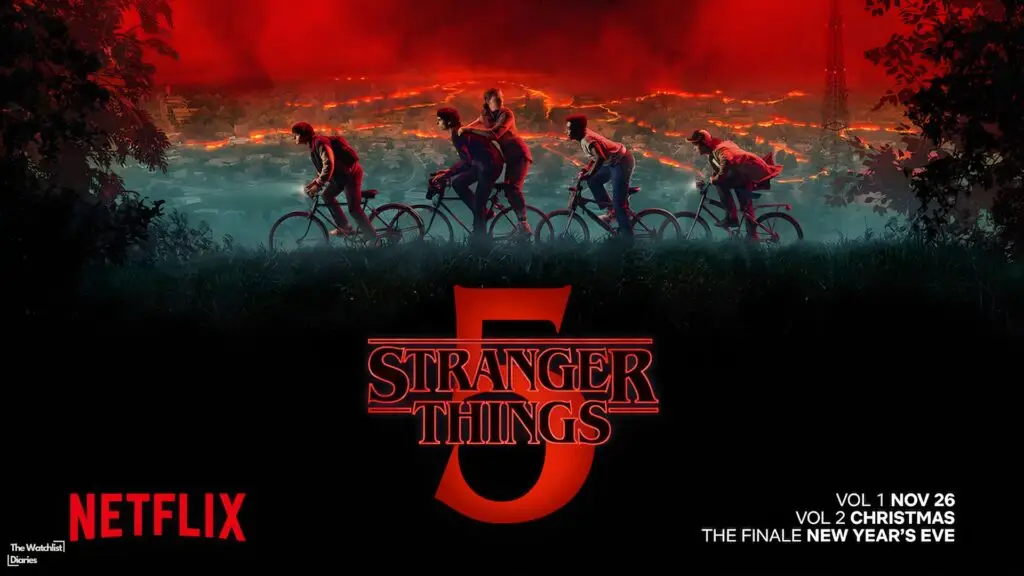AIB S3 Review: A Messy Yet Thrilling Finale

Arisu is back, and so is the chaos of Borderland. With Season 3 of Alice in Borderland reportedly serving as the final chapter, the question is simple:
Does it capture the tragedy, suspense, and heart-stopping tension that made the show such a global hit back in 2020? Or does it stumble under the weight of its own mythology? Let’s dig in to our Alice in Borderland Season 3 review.
A Quick Recap
Before diving in, a little disclosure, this is our second article on the season, a different take from my friend Amit’s write-up on Season 3. You can read his version here for contrast.
The first season of Alice in Borderland dropped in December 2020, right in the middle of the pandemic. As someone who had already read Haro Aso’s manga, I remember being both skeptical and impressed. Skeptical because live-action anime and manga adaptations had a track record of flopping (Netflix’s Death Note or Dragon Ball Evolution), and impressed because this one, while imperfect, nailed the tension and brutality of a death-game series in a live-action format.
It wasn’t just survival of the fittest… it was survival when even basic food and water were scarce, and where the games felt cruel, unpredictable, and horrifying.
And yes, I’ll admit it: when Squid Game came out, I was one of those people who loudly claimed Alice in Borderland was superior. Looking back, that was a little snobbish of me. But even now, conceptually, I still think Alice in Borderland has more layers. That said, Squid Game as an allegory for human greed is sharp in its own right. (If you want to check out Avik’s breakdown of Squid Game Season 3, click here.)
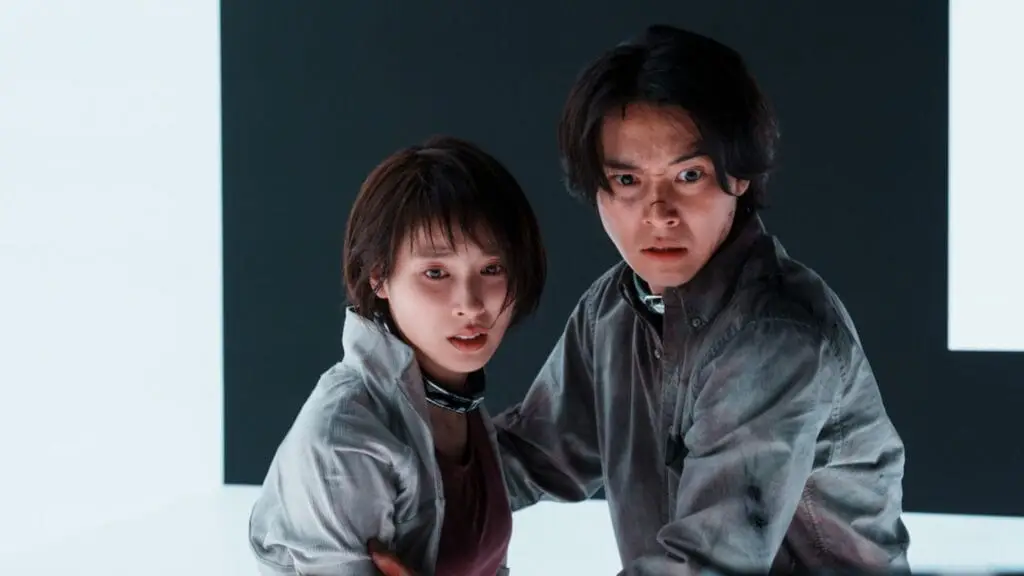
The Netflix Curse
Season 1 had novelty. Season 2 carried the weight of expectations but wrapped things up in a surprisingly satisfying way. Arisu, Usagi, and their friends escaped Borderland, and the Joker card tease at the very end felt like a cheeky nod. It could have ended there. But Netflix, as usual, doesn’t like letting go. Cue Season 3, where the Joker becomes central.
And here’s the real issue: when you lose your novelty, you’re forced to dig deeper. Season 3 struggles with that.
The Setup
This time, the story hinges on Usagi (Tao Tsuchiya). Haunted by her father’s death, she isn’t able to move on. Her grief pulls her back toward the idea of reuniting with him in the land of the dead, even at the cost of her marriage with Arisu (Kento Yamazaki) . With the help of Ryuji (Kento Kaku), she heads back into Borderland.
Meanwhile, Banda (Hayato Isomura), the manipulative sociopath we met earlier, targets Arisu. He convinces him to return to Borderland, dragging Ann (Ayaka Miyoshi) into the mix to help rescue Usagi and their unborn child.
The stakes are personal, but the execution? That’s where things start to wobble.
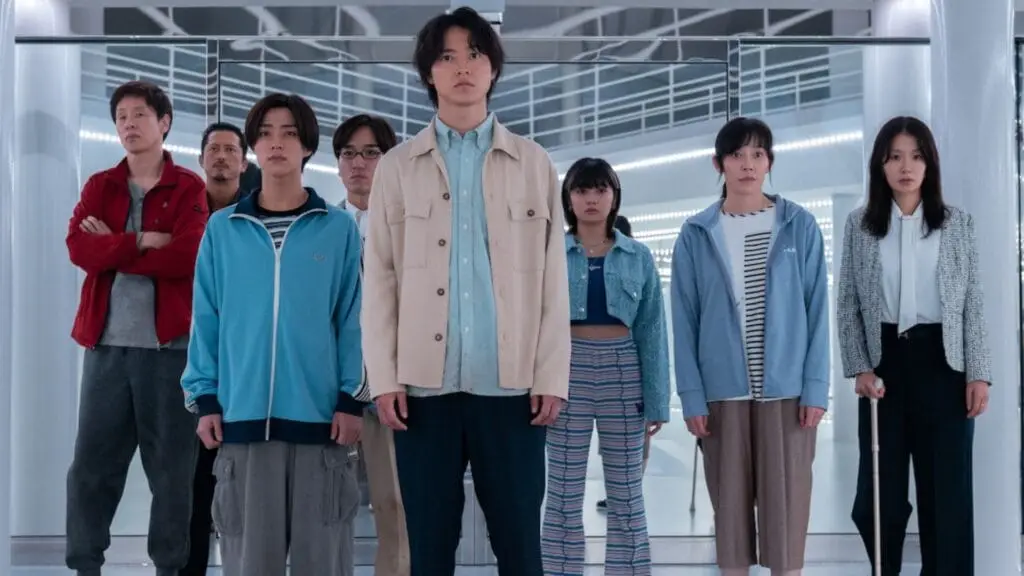
Games That Break Their Own Rules
The first three episodes? Classic Alice in Borderland. High-stakes games, razor-sharp tension, and that constant dread that anyone could die at any moment. That’s when the show is at its best.
But then comes the train game in Episode 3. This one’s kind of based on the manga, but the execution feels off. In the source material, the setup had strategy and symbolism, you faced inevitable death before finding a way out. Here, though, the series changes it in a way that undercuts the logic.
We aren’t even shown how Arisu and his group survived, which makes it frustrating, because there IS a strategy to the game. Instead, we only see Usagi’s group, and their survival is depicted as almost entirely luck-based. They happen to avoid the worst outcomes, and when they finally make it through, it feels less like clever problem-solving and more like a coin toss.
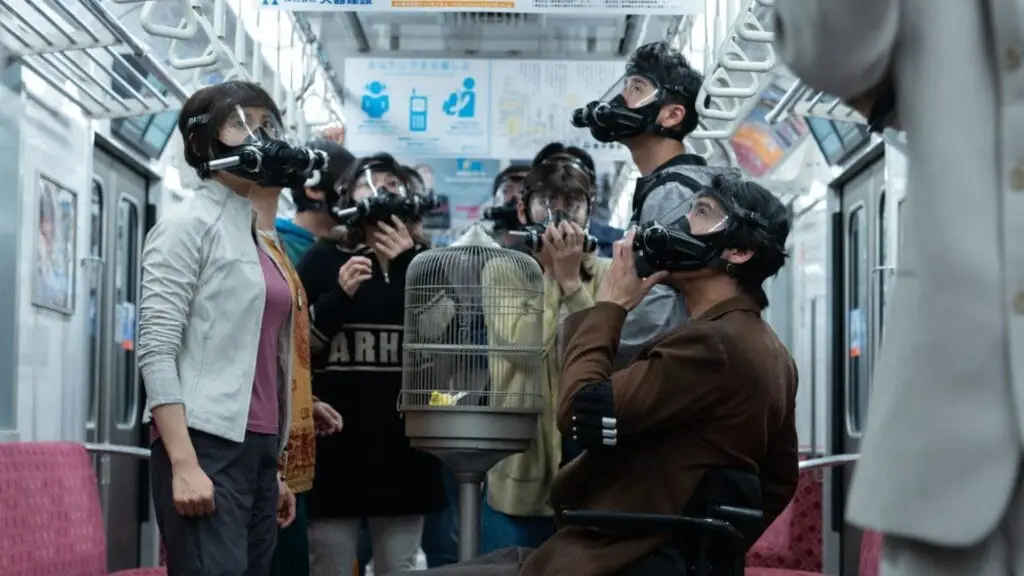
That’s not Borderland. One of the unspoken rules of this world is that however brutal or obscure, every game has a logical way to survive. Replacing that with pure luck makes the whole sequence feel shallow and against the spirit of the series.
And then there’s the awkward question, why was Usagi’s unborn child never counted as a player here? Wouldn’t the train have had one extra mask if it were? These inconsistencies pile up.
Banda’s Logic Problem
Banda remains one of the most unsettling characters in the series. He wants Arisu back in Borderland, claiming the place needs a Citizen of his caliber to “spice things up.” His twisted logic sounds sinister in the moment, but on reflection, it feels flimsy. Why would a single player suddenly fix the “quality problem” of Borderland’s citizens? Even if it’s Arisu.
And then there’s Ann. Season 2 ended with survivors losing all memories of Borderland. But Ann? She remembers everything, and she can even see Banda. Why? The show never explains. Maybe Ann is just too charismatic to follow the rules. While that’s fun for a joke, narratively it’s weak.
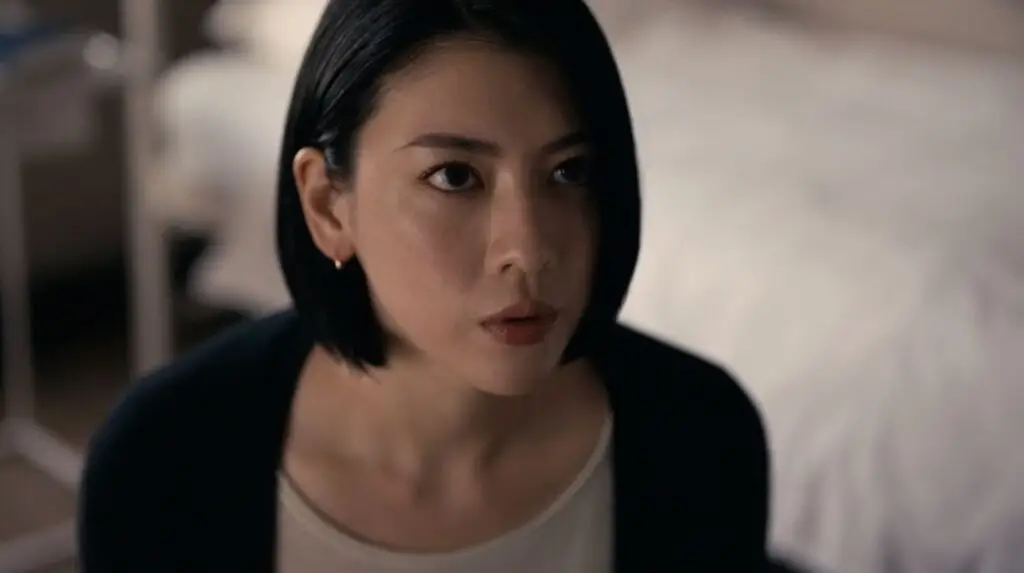
Where Season 3 Shines
Now, let me be fair: Season 3 still delivers in some places.
The zombie game is vintage Alice in Borderland. Diabolical, terrifying, and unpredictable. The twist hits hard, it’s the kind of shocking, chaotic brilliance that first made the series stand out.
The final game also brings back the series’ strongest theme: choice. The whole narrative of Alice in Borderland has been about destiny versus free will, and the last game crystallizes that. Watching characters wrestle with greed versus collective good is as engaging as ever.
Arisu himself feels more mature this season. He’s still guided by his core belief that survival isn’t just about winning, but about bringing as many people with you as possible. That’s what makes him special, and that’s why he endures as a protagonist.
The Weakness of Shallow Characters
The flip side? We don’t really know many of the side characters. When they die, the impact doesn’t linger. Yes, the deaths add to the sense of danger, but they lack the emotional weight of Season 1.
And of course, Arisu remains untouchable thanks to main character privilege. Plot armor is alive and well in Borderland.

Visual Spectacle
One area where Season 3 goes above and beyond is visuals.
From Usagi’s spectacular view of Tokyo atop the Tokyo Tower, to the flood sequence with the Watchman, to the apocalyptic landscapes, it’s clear Netflix spent big here. The series has never looked better. The atmosphere feels richer, darker, and more cinematic than ever before.
The Future of the Franchise
So, is Season 3 the end? Officially, it’s marketed as the final season, but the hints of spin-offs are all over the place.
There’s the introduction of the Watchman (Ken Watanabe), the tease of global earthquakes, and even the possibility of another “Alice.” The creators themselves have hinted at a potential Alice in Borderland Season 4 focusing on Arisu and Usagi’s child. And let’s be real, if Netflix smells enough audience demand, anything can happen.
But realistically, viewership hasn’t matched the global buzz of Squid Game. While Alice in Borderland has a loyal fanbase, it’s unclear if that’s enough for Netflix to justify more seasons.
Sometimes, it’s okay to let a story end. Season 2’s finale could have been a fitting farewell. Season 3 feels more like a reluctant encore.

Final Thoughts
I have mixed feelings about Alice in Borderland Season 3. On one hand, it’s visually spectacular, filled with moments of thrilling suspense and a couple of genuinely great game sequences. On the other, it’s weighed down by shallow writing, luck-based games, and too many unanswered questions.
The show still captures flashes of what made it great but maybe it should have bowed out one season earlier.
Rating:
I give it a 3 out of 5 stars. You might be wondering, after all these criticisms, why not a 2? Honestly, I almost went there. But two things pushed it higher.
First, the zombie game is a masterstroke of chaos, brutality, and suspense, the kind of game that reminds you why Alice in Borderland became such a cult hit. Second, the final game twist is genuinely brilliant, pulling the rug out from under you while still tying back to the show’s core theme of choice and destiny.
Add to that a more mature Arisu, still holding onto his values of survival with others rather than just winning for himself and the season redeems itself enough to land at a solid 3. Flawed? Definitely. But not without moments worth watching.
Finally the show gives us a quiet epilogue. We meet Arisu, as a licensed psychologist, sitting across from his clients, who turn out to be his former fellow competitors from seasons past. One by one, we see familiar faces: Chishiya (Nijirō Murakami, returning from acting hiatus for the fans), Kuina (Asahina Aya), Heiya (Yuri Tsunematsu), Aguni (Sho Aoyagi), and even Niragi (Dori Sakurada). They each update Arisu on how life has treated them since leaving Borderland. It’s short, understated, but quietly satisfying; a reminder that survival isn’t just about staying alive, it’s about learning to live again.
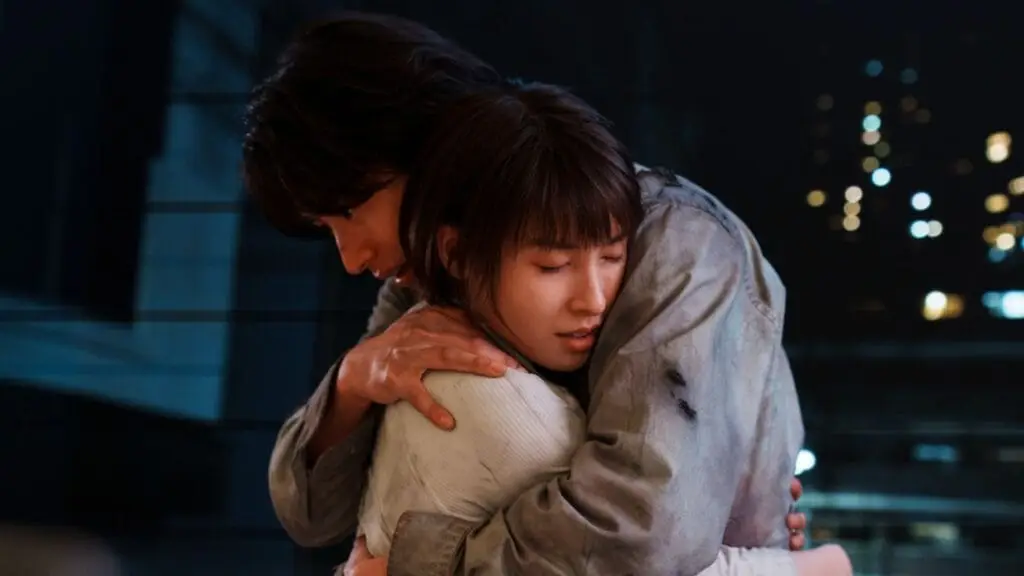
Stream It or Skip It?
- Season 3: If you’re craving a psychological survival thriller with dystopian vibes, give it a watch. It’s a good one-time binge, especially if you’re already invested in Arisu and Usagi’s journey.
- The Whole Series: Absolutely stream it. Despite its flaws, Alice in Borderland remains one of the most gripping survival thrillers on Netflix, with twists that will genuinely shock you.
What did you think of Alice in Borderland Season 3? Did the Joker arc live up to your expectations, or did it feel unnecessary? I’d love to hear your thoughts. Drop a comment below with your take let’s get a discussion going. Do you think this should be the final chapter, or do you want to see Netflix take it even further?





